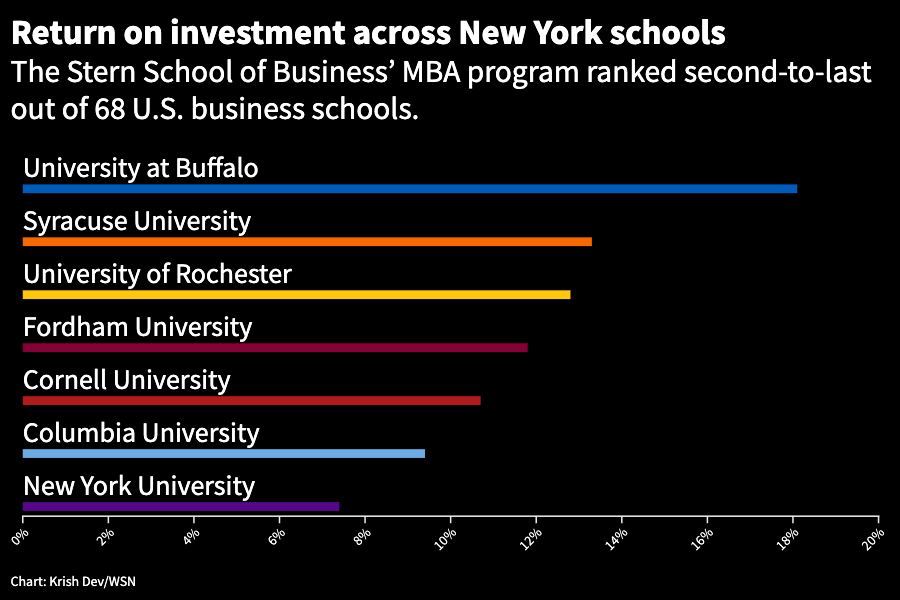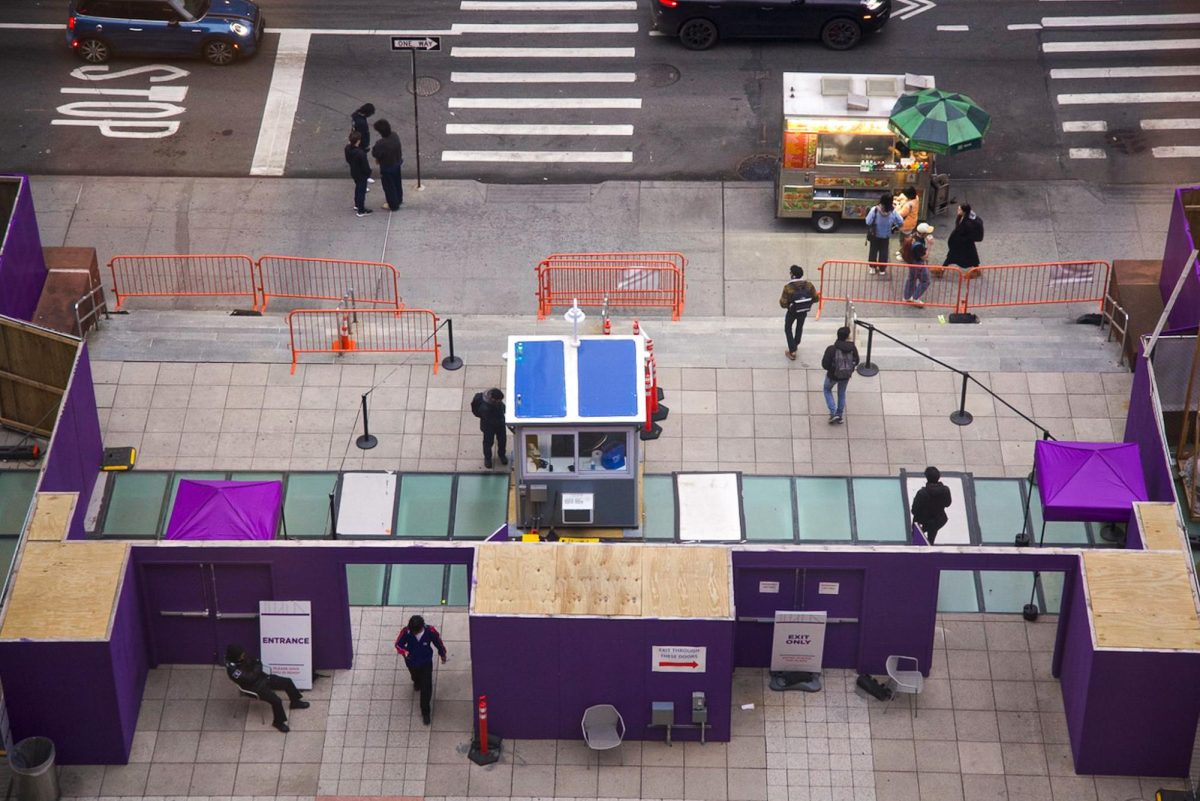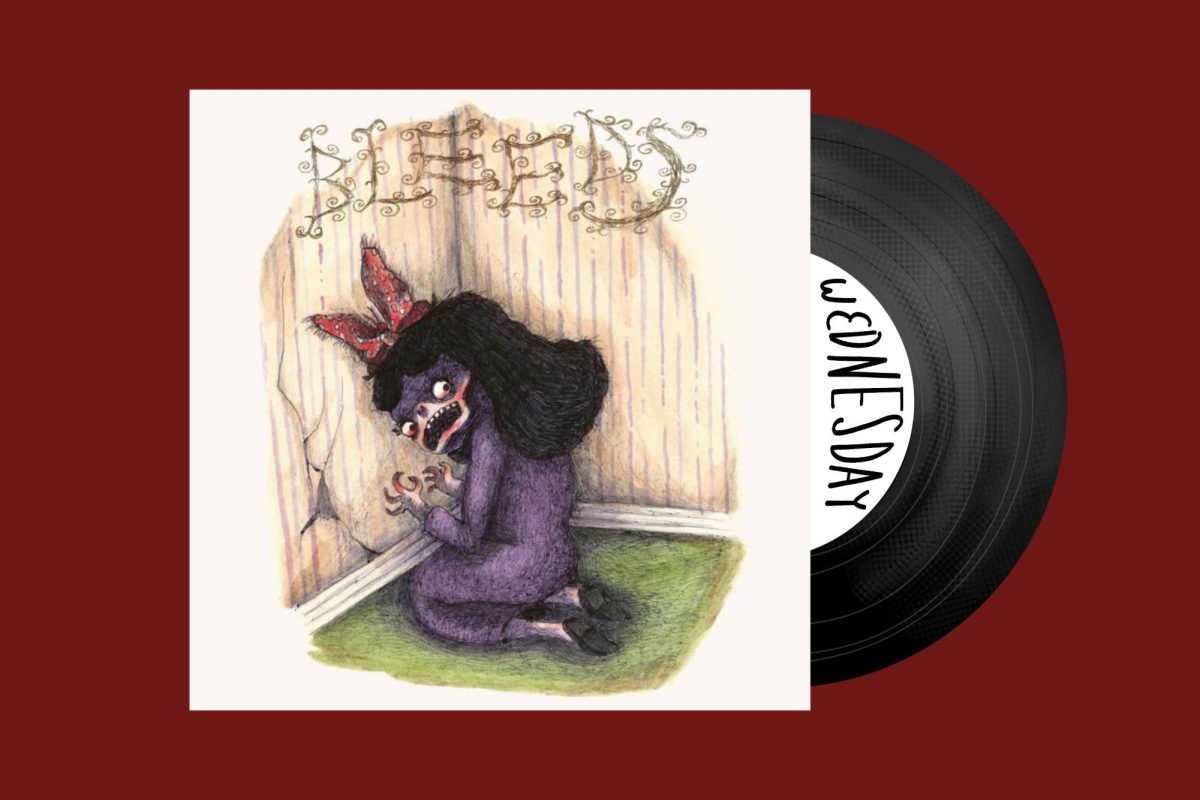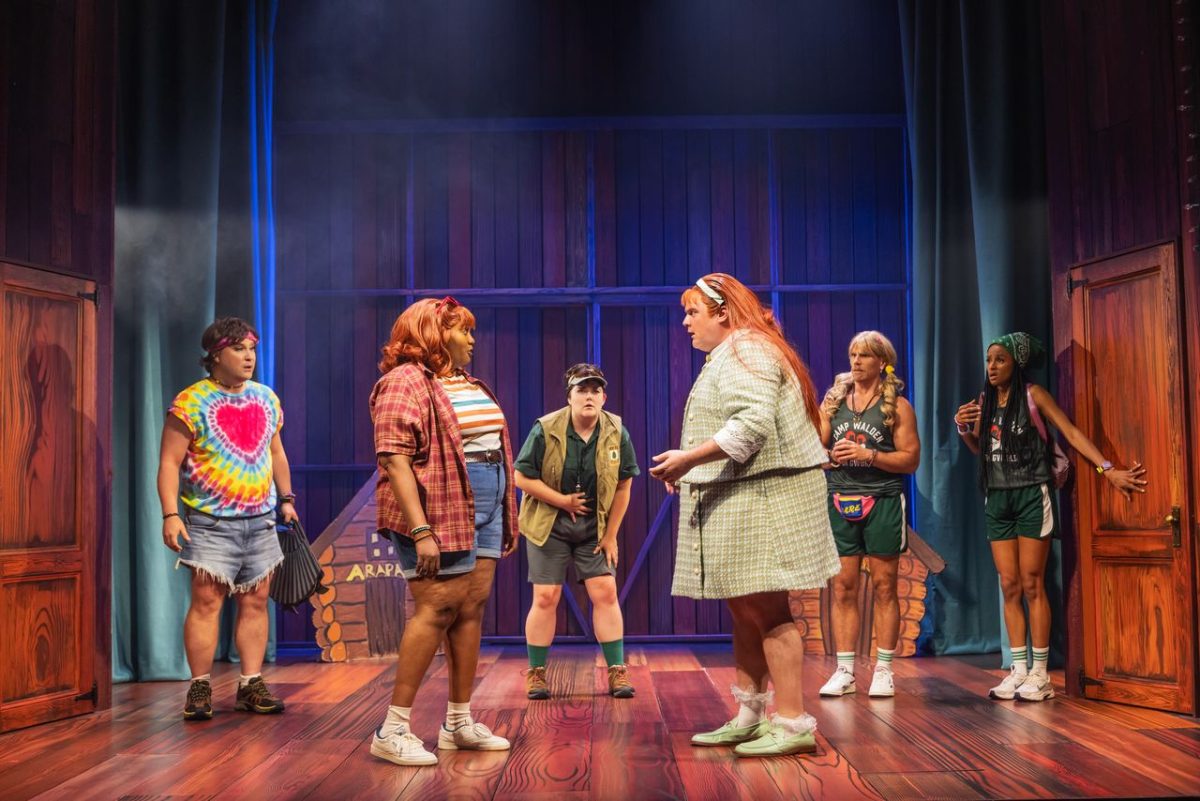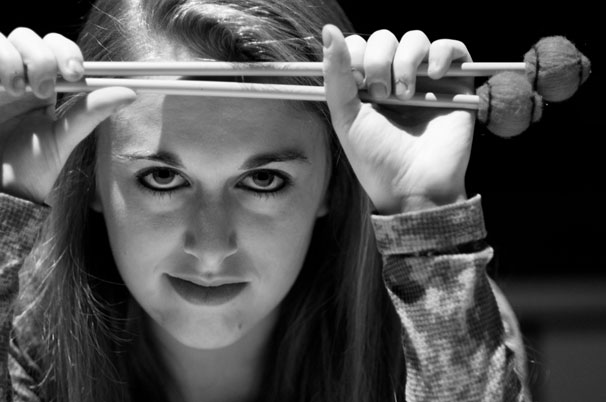
The typical path for children with an early start in show business is one of initial success followed by a prompt and seemingly interminable rest on their laurels. Sofie Zamchick, however, took a different path.
Zamchick, a Tisch sophomore, started playing the piano when she was 3 years old and moved on to acting in voice roles at 4, landing the leading part of Linny the guinea pig on the Nick Jr. series “Wonderpets” at 8 and continuing in the role until she was 16. Going forward, she took percussion classes at the Juilliard Pre-College Division as a supplement to her high school education and, throughout this time, continued to write and perform a steady stream of original songs — a habit she had picked up in middle school.
Such a lineup of achievements has already put her ahead of many older aspiring creatives, but she is nowhere near the end of her career. Zamchick seems to actively relish pushing her abilities into unexplored arenas.
In a departure from her music-focused training, she enrolled in NYU for the Tisch Experimental Theatre Wing. Her level of commitment to this new creative territory is clearly genuine, to the point where she has almost entirely put her singing gigs and conventional acting auditions on hold to give her new pursuits adequate attention.
“I really want to focus on college right now,” Zamchick said. She speaks with excitement about combining what she has learned in her classes with her own personal music.
“Sofie is a dream student,” said Lisa Sokolov, a drama and voice instructor at Tisch. “[She] has taken what NYU has to offer and run with it. She works hard to develop her gifts, and her open-hearted attitude is a boon for everyone in the room.”
In spite of the intense focus, she has hardly allowed her other skills to atrophy. In addition to rehearsing for the current ETW mainstage production and preparing her own experimental project, Zamchick arranges for and performs with the Cleftomaniacs, the all-girl a cappella group at NYU.
The way she describes her relationship with music casts the interaction in a joyous but almost compulsive light.
“If there’s an instrument nearby I will be playing it,” Zamchick said. “When I’m walking from my dorm to studio, I’ll take out my iPhone and sing into my voice memo. I’ll have to record it, it’s necessary.”
This image is reinforced when she mentions the few skills that she cannot regularly exercise.
“I’m away from my marimba and that’s my favorite instrument to compose on,” Zamchick said, explaining that this instrument is at her home in New Jersey.
Zamchick is always looking for new inspirations for her music. Reading the news or simply people-watching can set her songwriting muse spinning. “When I hear something that interests me, I just filter it in my artistic perspective,” she said.
She credits the environment fostered by the ETW for giving her the freedom to take this approach.
“I’ve been able to become so much more open about my art,” she said.
While the amount of creative liberty granted to Zamchick is significant, the fact that she finds this freedom so exciting is perhaps even more telling. She is extremely innovative, always looking to turn life into art.
Quitting while she is ahead never seems to have been an option for Zamchick. Her need to keep moving goes beyond a simple imperative — for her, it is a delight unto itself.
“I always wanted to do something different,” Zamchick said, and there is every indication that she always will.
— Stefan Melnyk
















